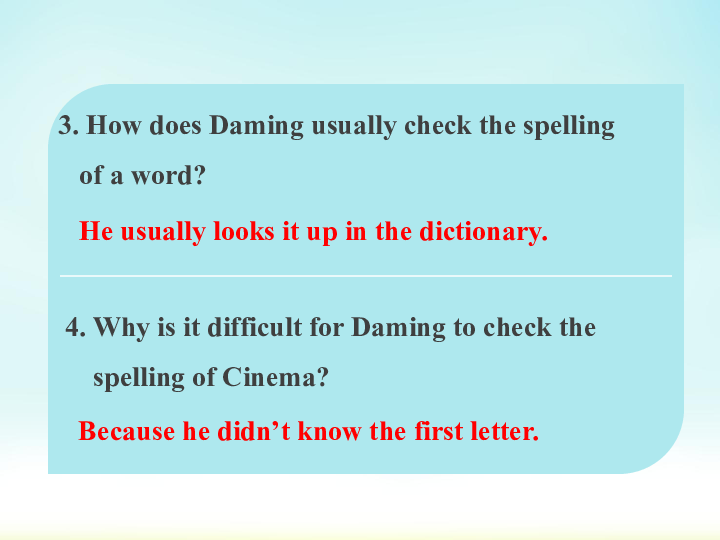How Much is a FHA Loan? Understanding Costs, Benefits, and Key Factors
### Description:When considering homeownership, many potential buyers turn to government-backed loans, particularly the Federal Housing Administration (FHA……
### Description:
When considering homeownership, many potential buyers turn to government-backed loans, particularly the Federal Housing Administration (FHA) loan. One of the most pressing questions for these buyers is, how much is a FHA loan? Understanding the costs associated with an FHA loan is crucial for making informed financial decisions. In this article, we will delve into the various factors that influence the cost of an FHA loan, including down payment requirements, mortgage insurance premiums, interest rates, and overall affordability.
An FHA loan is designed to help lower-income and first-time homebuyers secure financing for a home. The program was established to encourage homeownership by providing more accessible loan options. One of the most attractive features of an FHA loan is the low down payment requirement, which can be as little as 3.5% of the purchase price. For instance, if you're looking at a home priced at $300,000, your minimum down payment would be approximately $10,500. This lower barrier to entry makes it easier for many buyers to step into the housing market.

However, when asking how much is a FHA loan, it’s essential to consider not just the down payment but also the closing costs. Closing costs typically range from 2% to 5% of the loan amount and can include fees for appraisals, inspections, and loan origination. For a $300,000 home, you might see closing costs between $6,000 and $15,000. Fortunately, FHA loans allow sellers to contribute to these costs, which can further alleviate the financial burden on the buyer.
Another significant aspect of FHA loans is the mortgage insurance premium (MIP). Unlike conventional loans, FHA loans require both an upfront MIP and an annual MIP. The upfront MIP is typically 1.75% of the loan amount and can be rolled into the mortgage. The annual MIP is paid monthly and can vary based on the loan amount, the length of the loan, and the down payment. For example, if you take out a $300,000 FHA loan, the upfront MIP would be about $5,250, and the monthly MIP could be around $150 to $200, depending on various factors. This additional cost is crucial to factor in when determining how much is a FHA loan.
Interest rates are another key component in calculating the overall cost of an FHA loan. Generally, FHA loans offer competitive interest rates, often lower than conventional loans. However, the exact rate you qualify for will depend on your credit score, the lender, and the current market conditions. A lower interest rate can significantly reduce your monthly payment and the total amount paid over the life of the loan.

In addition to these costs, potential FHA borrowers should also consider their credit score. While FHA loans are more forgiving than conventional loans regarding credit scores, a higher score can lead to better interest rates and lower insurance premiums. Generally, a credit score of 580 or higher qualifies for the 3.5% down payment, while a score between 500 and 579 requires a 10% down payment.
Ultimately, when evaluating how much is a FHA loan, it is essential to look at the entire financial picture. This includes the purchase price of the home, down payment, closing costs, mortgage insurance premiums, and interest rates. By understanding these factors, potential homebuyers can better prepare themselves for the financial commitment of homeownership.
In conclusion, an FHA loan can be a valuable tool for many aspiring homeowners, particularly those who may struggle to secure conventional financing. While there are costs associated with an FHA loan, the benefits of lower down payments and competitive interest rates make it an appealing option. By carefully considering all aspects of the loan and seeking guidance from qualified professionals, buyers can confidently navigate the home-buying process and make informed decisions about their financial future. If you're ready to explore your options, contact a mortgage lender today to learn more about how an FHA loan can work for you.
